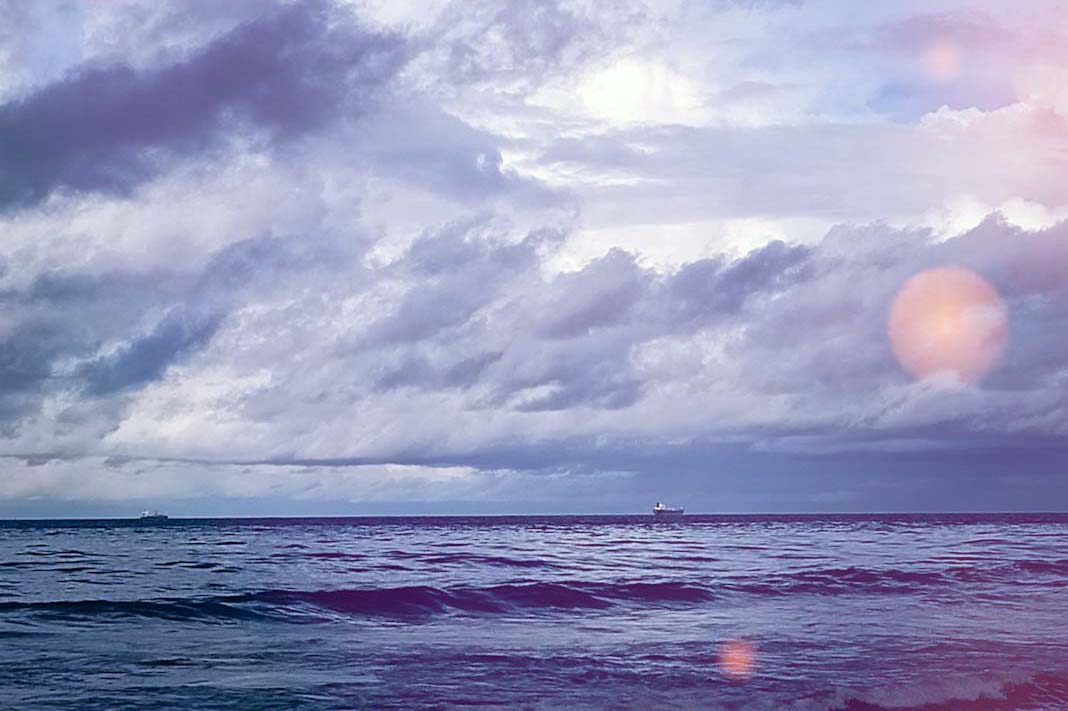Humankind’s curiosity about what lies up above in space has long outpaced its interest in what lurks beneath the surface of the Earth’s oceans. Such is the disparity that scientists today have more accurate maps of the surface of Mars than they do the bottom of the sea. Indeed, more humans have visited the moon than the bottom of the sea, according to an article on TIME.
Diving Into Ocean Depths
But humans would do well to learn more about what lies in the ocean’s depths—even if only to better understand what constitutes nearly three-quarters of the Earth’s surface, the vast majority of which remains unexplored. Such was the case put forward by experts and industry leaders on Wednesday at the 54th annual World Economic Forum in Davos.
So limited is our understanding of the oceans that “we’ve only described about 10% of the species in the deep sea—as far as we know, because, of course, we don’t know how many species there are,” said David Obura, director of the Coastal Oceans Research and Development in the Indian Ocean (CORDIO) East Africa, an organization that researches and monitors coral reefs of the Indian Ocean. Given the role the ocean plays in managing the Earth’s climate—both in its production of oxygen and absorption of carbon dioxide.
The ocean constitutes humanity’s “biggest inheritance,” said Andrew Forrest, chairman and founder of mining and green energy firm Fortescue—an inheritance that he fears won’t be passed onto future generations, at least in its current form. “I want to see that the great explorers like [French oceanographer] Jacques Cousteau … have a pristine, beautiful ocean to explore,” he said, “and that the industrial world doesn’t destroy it through lack of knowledge.”
Role Of Technology
Because humans are a land-based species, getting them to connect more intimately with the ocean and to care about what they cannot easily see can be a challenge. But here too, technology is playing a vital role. During the panel, in what was one of the few manned live broadcasts from the deep sea, attendees were able to hear from the Caribbean marine biologist and explorer Diva Amon, who joined the conversation live from a submersible nearly 350 meters below the surface of the Indian Ocean at the Aldabra Atoll, where she is examining the health of Mesophotic coral reefs off the coast of the Seychelles.
Amon likened this broadcast to that of the 1969 broadcast of the Apollo 11 lunar landing nearly 400,000 kilometers from Earth. “Fast forward 54 years later, and here we are coming to you from about half a kilometer below the surface of the ocean,” she says. “What we’re hoping happens is that, just like in the last century that space exploration really just pushed people to be enamored with space, we’re hoping that ocean exploration..”
Investor Ray Dalio, the founder of the nonprofit ocean exploration initiative OceanX, says the ability to see the ocean in this way has already had a demonstrable effect. The release of the BBC documentary Blue Planet II, about 40% of which was shot from an OceanX vessel, prompted the British government to introduce changes to its laws concerning plastic pollution.
Did you subscribe to our daily Newsletter?
It’s Free! Click here to Subscribe
Source: Time




















IsbvXmiBZRnHyz